News Archive
Research
-
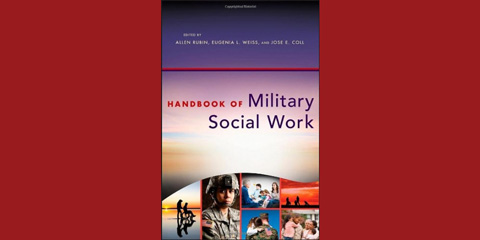
A new textbook co-edited by USC School of Social Work clinical assistant professor Eugenia Weiss and several of her colleagues is among the first to outline how social workers can understand and address the unique challenges faced by military service members, veterans, and their families.
-
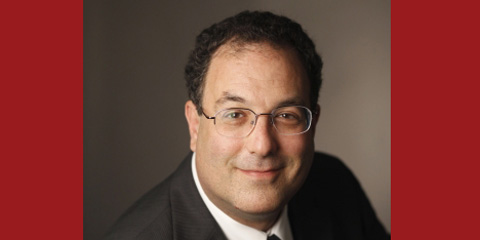
Last week's massacre at Sandy Hook Elementary School in Newtown, Connecticut, appears to have at least temporarily changed the debate on gun control and opened the door to new restrictions.
Following up on his pledge to "use whatever power this office holds" to prevent another slaughter at a school, President Barack Obama has said he will submit new gun-restriction proposals to Congress in January. But the obstacles to progress remain formidable, chief among them the political power of the gun-rights lobby in Washington.
-
The undersigned school violence prevention researchers and practitioners and associated organizations wish to comment on the tragic acts of violence at Sandy Hook Elementary School, which have shaken the nation, and express our deepest condolences to families and loved ones of the victims and the entire Newtown community. We all share a common priority: Keeping our children safe. We need to come together in our communities to share our grief and talk about how we can move forward in light of this tragic event.
-
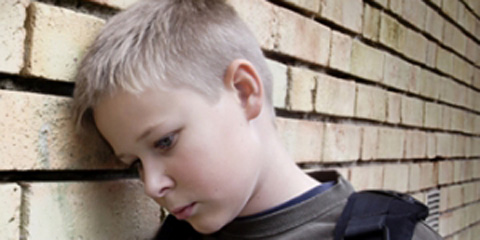
As the head of mental health and crisis response in Los Angeles schools in the late 1990s, Marleen Wong could sense that violence and trauma were having a serious effect on children.
When she responded to one of the approximately 3,000 serious incidents that occurred on an annual basis in local schools, such as a stabbing or assault, she would often ask students involved in the traumatic event whether they had similar experiences in the past.
-
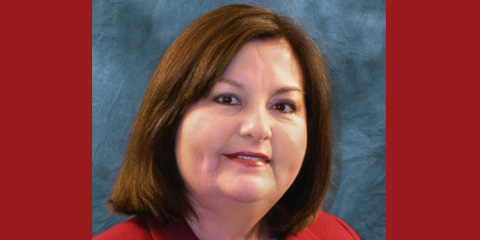
Maria Aranda, an associate professor at the USC School of Social Work and core faculty of the USC Edward R. Roybal Institute on Aging, presented findings from a recent Institute of Medicine report commissioned by Congress on the state of the geriatric mental health and substance abuse workforce at a Capitol Hill briefing co-sponsored by the National Association of Social Workers in Washington, D.C.
-
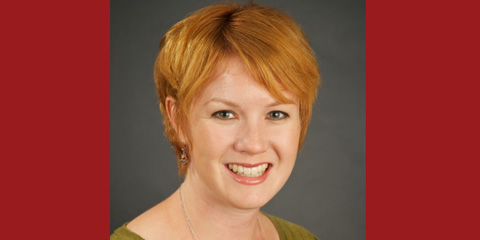
A new federal grant will enable Dorian Traube, an assistant professor with the USC School of Social Work, to explore the causes and consequences of a vicious intergenerational cycle of substance abuse among those involved in the child welfare system.
Studies have indicated that more than 8 million teens who need substance use treatment have parents who also struggle with substance abuse problems and were maltreated during their childhood.
-
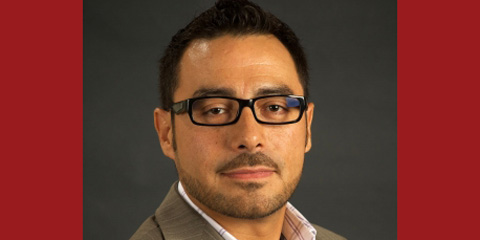
Erick Guerrero, an assistant professor at the USC School of Social Work, has been named the 2012 Association for Community Organization & Social Administration (ACOSA) Emerging Scholar for his work in organizational research, cultural competence, and racial and ethnic service disparities.
“I was elated when I heard I had been selected for this year’s ACOSA Emerging Scholar award,” Guerrero said. “The selection process was rigorous, and the award is highly coveted among top scholars both nationally and internationally.”
-
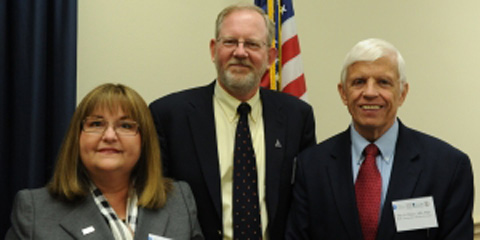
USC School of Social Work faculty have been making the rounds in our nation’s capital, participating in high-level discussions and sharing their knowledge in areas such as veterans affairs, behavioral health, child welfare and geriatric care.
Dean Marilyn Flynn and Anthony Hassan, director of the USC Center for Innovation and Research on Veterans and Military Families, held a roundtable in Washington, D.C., in cooperation with the Department of Veterans Affairs to discuss establishing a national veterans policy.
-
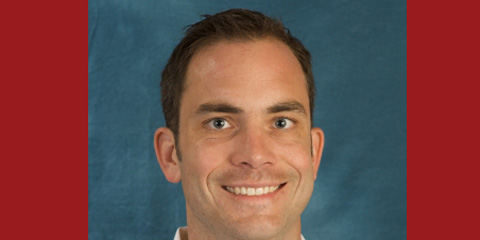
The use of smartphones is associated with an increased likelihood of being solicited for sex on the Internet and having sex with an Internet-met partner among teens, says a new study from the USC School of Social Work, which was released at the American Public Health Association’s 140th Annual Meeting in San Francisco.
-
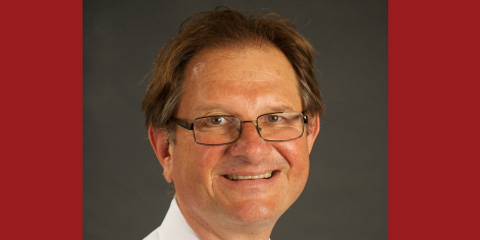
Outer space isn’t exactly the first setting that comes to mind when considering the role of social workers, but USC School of Social Work professor Lawrence Palinkas is taking the profession to new frontiers.